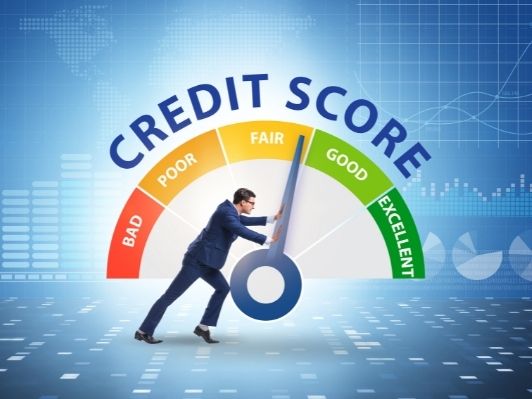Your credit score matters and can make the difference when you’re applying for a loan or for a credit card.
With a good credit score, the chances of your loan or credit card being approved increases. But what if you have a bad credit score? All is not lost, there are many ways you can boost your score and get better rates and deals. Read on to find out how you can make a difference in 2024.
Table of Contents
7 Top Tips To Boost Your Credit Score
Boost your chances of getting approved on your next loan application with these top tips.
If you are planning to apply for a loan with Lending Stream, then note that we offer loans at Representative 1333% APR.
Warning: Late repayment can cause you serious money problems. For help go to moneyhelper.org.uk.
1. Make Sure To Pay Your Bills on Time
Keep paying your bills on time. Late payments will have a big knock on your score. They will stay on your credit file for up to 6 years.
What if you’d already missed a few payments? Try not to miss anymore! Getting yourself back on track is key. And the older a missed payment, the less impact it has on your score.
If you can’t make a payment, then talk to the lender/company as soon as you can. They can usually set something up to help you out. Doing something is always better than doing nothing and burying your head in the sand.
Remember: Even a single missed or delayed payment can impact your credit score negatively.
2. A Credit Card Can Help
What if you’ve never had credit before? A credit card or Line of Credit can help you get started. Borrowing a little and paying back in full every month will ensure you don’t get yourself into too much debt.
A good rule of thumb is to only use around 30% of the credit limit from your credit card or line of credit. So, if you have a limit of £500, then you should try to make sure your credit utilization or balance stays under £150.
As always, think carefully before applying for credit. Boosting your score is important, but you should always ask yourself: Do I really need to borrow this?
Also Read: Bad Credit Warning Flags That Lenders Look For
3. Beware of The Frauds – keep an eye on your score
Identity thefts is unfortunately becoming more and more common. Once fraudsters have your information, they can often try to take out credit in your name – defrauding the lender and leaving you with a bill that’s not your fault.
By keeping a regular check on your credit report, you can easily detect all the financial irregularities happening with your credit account easily and quickly. You can do this for free for all the major three major credit bureaus. Equifax (Equifax), Experian (Experian) and TransUnion (TransUnion).
It’s a good idea to check your report at least once a month (you can even get these sites to email you if anything changes). When you check your file if you see any unusual accounts or transactions you don’t recognise, you’ll need to:
- Raise a dispute with the credit reference agency
- Contact the lender / business that placed the account on your file to query.
Important Note: Never share your personal details with someone you don’t know. If you’re looking to apply to a lender – make sure they are on the FCA register.
Read more about: Online Fraud is Rampant – Consumers Should Be On Alert
4. Get Your Name on Electoral Roll
It’s not just critical to make sure you can vote. Getting your name on the electoral roll is vital to boosting your score. Every credit reference agency and lender will check to see if you’re on this. If you’re not, you’ll really struggle to get a loan.
Registering is super easy and can be done here.
5. Start Getting Bills in Your Name
There are many bills which can get reported to your credit file. This includes loans, utility bills (gas and electric), mobile phone etc. etc.
Having these bills in your own name can let you show your lender that you are capable of repaying loans on time. If you’re paying the bills anyway, you should be getting the credit! There are also ways to get your rent payments helping your credit score as well.
6. Get rid of the big things first.
Failing to pay money you owe can lead to a lender registering a default with the credit reference agencies. If you still don’t pay, they could even go to the courts to place a CCJ on your file.
Defaults and CCJs can be massive red flags to other lenders. If you’re looking to “correct” your situation, you should look at these first. Speak to the lenders in question and ask them to help you arrange a payment plan.
7. Credit Score Dropping? Don’t Panic
The last and the final item is not to panic even when your credit score is dropping each month. Unless you absolutely need it, you should try to reduce your applications for credit and try to understand the factors that are lowering your scores.
Your Credit score is not the only thing which is responsible for your loan application rejection or approval.
Different lenders look for different things when considering your application and a credit rating is not always the 1st thing they look for.
Conclusion
If you have a bad or average credit score and want to improve it following our guide above can help. The quicker you start working on credit rating, the faster you will see results.
Disclaimer: Note that, we are not providing any financial advice here. Our blogs are written for informational purposes only.

